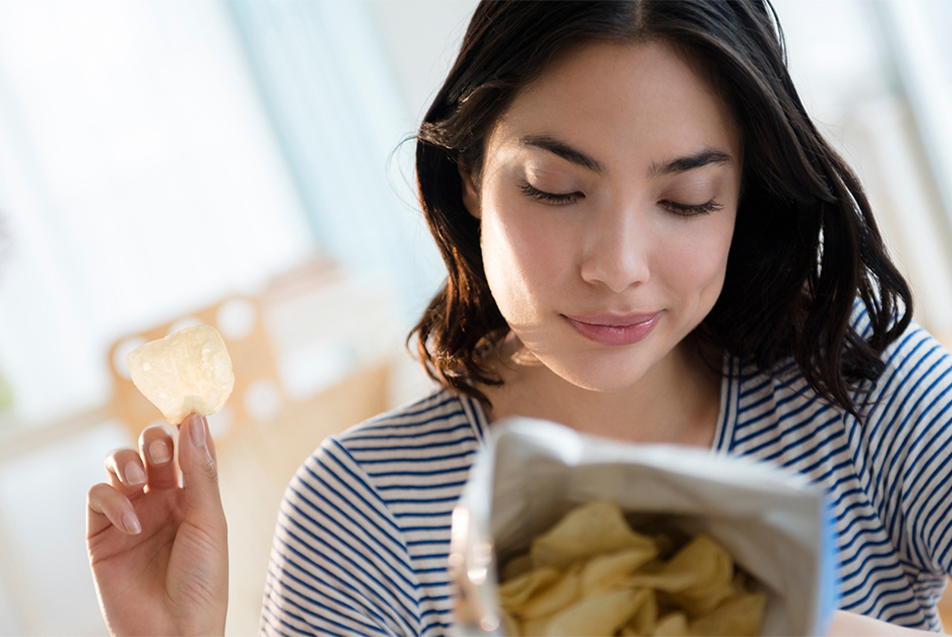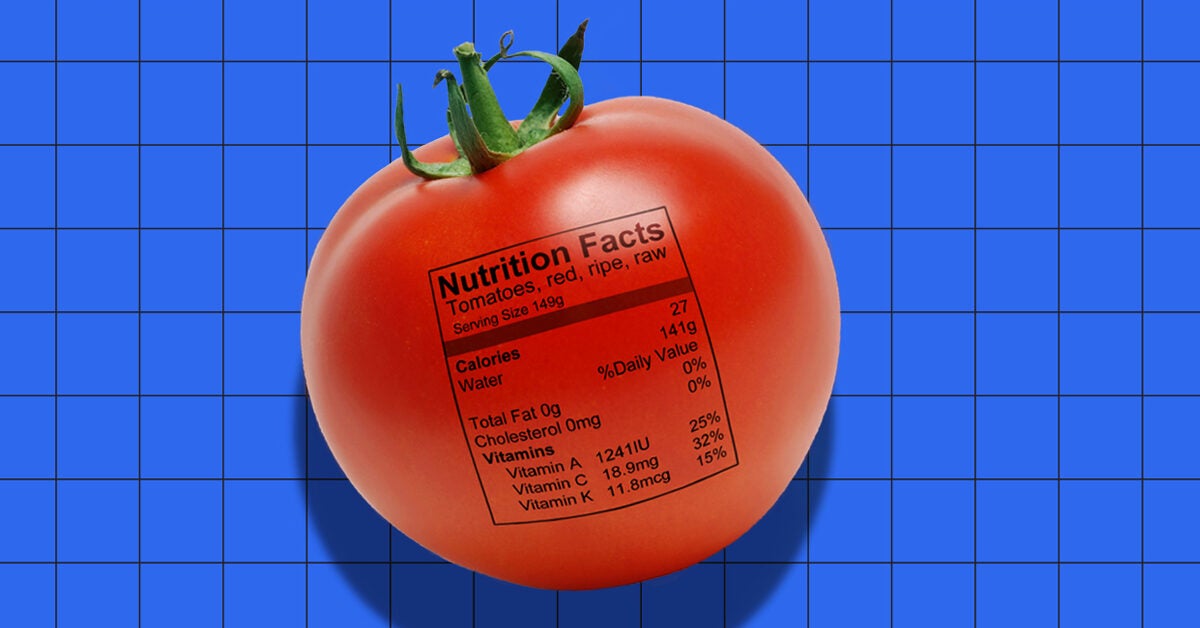Is Kcal Calories? Unveiling The Truth Behind Kcal And Calories For Your Health Journey
Ever wondered if kcal and calories are the same thing? You're not alone! The terms "calories" and "kcal" often pop up in conversations about diet, fitness, and overall health, but what do they really mean? Let's dive into this topic and clear up any confusion. Understanding kcal and calories is crucial for anyone aiming to manage their weight or improve their lifestyle. So, grab your favorite drink and let's get started!
When it comes to maintaining a healthy lifestyle, knowing the difference between kcal and calories can make all the difference. Whether you're counting macros or simply trying to eat better, this knowledge empowers you to make smarter choices. And trust me, clarity on this topic will help you navigate food labels like a pro!
Now, let's break it down in a way that's easy to grasp. Think of kcal as the scientific term for what we commonly call "calories." It's like when you say "soda" or "pop"—same thing, different names. But there's more to it than just semantics. Stick around, and we'll uncover the full story behind kcal and calories, so you can take control of your health journey.
What Exactly is kcal?
Alright, let's start with the basics. Kcal, short for kilocalories, is essentially the unit of energy used to measure the amount of energy in food. It represents the heat required to raise the temperature of one kilogram of water by one degree Celsius. Yeah, science class vibes right there! But don't worry, we're keeping it real and simple here.
When you see kcal on a food label, it's telling you how much energy that food will provide your body. For example, a slice of bread might have around 70 kcal, meaning it gives your body 70 units of energy. Makes sense, right? Understanding this concept is key to managing your daily energy intake.
How Does kcal Relate to Our Daily Lives?
Now, here's where it gets interesting. In everyday life, knowing how many kcal you consume can help you balance your energy needs. If you're active, you'll need more kcal to fuel your workouts. On the flip side, if you're chilling at home, you won't need as much. It's all about finding the sweet spot for your body's needs.
- Leah Perkins Age
- Deimante Guobyte
- Is Debbie Higgins Still Alive
- Heather Shaw Birthday
- How Old Is Latifa Malone
Let’s break it down with some bullet points:
- 1 kcal = 1,000 calories (small "c").
- Food labels typically use kcal to represent energy content.
- Most adults need between 1,600–3,000 kcal per day, depending on factors like age, gender, and activity level.
Is kcal the Same as Calories?
This is the million-dollar question, isn't it? Technically speaking, yes, kcal and calories are the same thing. However, here's the twist: when people say "calories," they're usually referring to kilocalories (kcal). Confusing, right? Let me explain.
In nutrition, the term "calories" is a shorthand for kilocalories. So, when you hear someone say, "This meal has 500 calories," they actually mean it has 500 kcal. It's like when we say "text" instead of "text message"—we just drop the extra words for convenience. See how it works?
Why Do We Use kcal Instead of Calories?
Great question! Scientists prefer using kcal because it's more precise. It avoids confusion with the smaller calorie unit (the one that heats up one gram of water by one degree Celsius). But honestly, for most of us, "calories" is just easier to say. Plus, it rolls off the tongue better than "kilocalories," don't you think?
Why Understanding kcal Matters
Knowing about kcal isn't just about sounding smart at dinner parties. It’s about taking charge of your health. Whether you're trying to lose weight, gain muscle, or simply maintain your current state, understanding kcal helps you make informed decisions about what you eat.
For instance, if you're aiming to lose weight, you'll want to create a calorie deficit by consuming fewer kcal than you burn. Conversely, if you're bulking up, you'll need to increase your kcal intake to support muscle growth. It's all about balance and knowing your body's unique needs.
How Many kcal Do You Really Need?
Let's talk numbers. The average adult woman needs around 2,000 kcal per day, while men typically require about 2,500 kcal. But hold up—these are just averages. Your personal needs depend on factors like:
- Age
- Height and weight
- Activity level
- Metabolism
For example, an athlete training for a marathon will need way more kcal than someone with a sedentary lifestyle. It's all about tailoring your intake to fit your goals and lifestyle.
Common Misconceptions About kcal
There are a lot of myths floating around about kcal, so let's clear the air. Here are a few common misconceptions:
- All kcal are created equal: Nope! The source of your kcal matters. A 200-kcal snack made of veggies and lean protein is healthier than 200 kcal from sugary snacks.
- Counting kcal is all you need: While tracking kcal is helpful, it's not the only factor. Nutrient density, portion control, and overall diet quality also play crucial roles.
- kcal doesn't matter if you exercise: Exercise is awesome, but it doesn't give you a free pass to overeat. You still need to balance your kcal intake with your activity level.
See? There's more to kcal than meets the eye. Understanding these nuances can help you avoid common pitfalls on your health journey.
How to Track Your kcal Intake
Now that you know why kcal matters, let's talk about how to track it. There are several methods you can use:
- Food journals: Writing down everything you eat can help you stay mindful of your kcal intake.
- Apps: Tools like MyFitnessPal or Calorie Counter make tracking kcal super easy and convenient.
- Smart scales: Some kitchen scales can calculate the kcal content of your meals based on portion sizes.
Whichever method you choose, consistency is key. Start small and gradually build up your tracking habits. Before you know it, you'll be a kcal-tracking pro!
Tips for Accurate kcal Tracking
Here are a few tips to ensure your kcal tracking is as accurate as possible:
- Measure portion sizes carefully.
- Read food labels and pay attention to serving sizes.
- Account for hidden kcal in sauces, dressings, and beverages.
Little things add up, so being mindful of these details can make a big difference in your overall kcal intake.
The Role of kcal in Weight Management
When it comes to weight management, kcal is one of the biggest players. Whether you're aiming to lose, gain, or maintain your weight, understanding kcal is essential. Let's break it down:
Weight Loss: To lose weight, you need to create a calorie deficit by consuming fewer kcal than you burn. This can be achieved through a combination of diet and exercise.
Weight Gain: If you're trying to gain weight, you'll need to consume more kcal than you burn. Focus on nutrient-dense foods to ensure you're getting quality calories.
Weight Maintenance: For maintaining your current weight, aim to consume roughly the same number of kcal as you burn each day. It's all about balance and consistency.
Strategies for Managing kcal Intake
Here are some strategies to help you manage your kcal intake effectively:
- Eat more whole, unprocessed foods.
- Practice mindful eating by savoring each bite.
- Stay hydrated, as thirst is often mistaken for hunger.
These simple tips can go a long way in helping you maintain a healthy kcal balance.
Expert Insights on kcal and Nutrition
Let's hear from the pros. Nutritionists and dietitians agree that understanding kcal is a fundamental part of healthy eating. According to Dr. Jane Smith, a leading nutrition expert, "Knowing your kcal needs is the first step toward achieving your health goals." She emphasizes the importance of balancing kcal intake with nutrient quality.
Research also supports this view. Studies show that people who track their kcal intake are more likely to succeed in managing their weight. So, if you're serious about your health, it's worth putting in the effort to understand and track your kcal.
What the Experts Say About kcal Sources
Experts also stress the importance of choosing the right sources of kcal. Focus on foods that provide essential nutrients, like fruits, vegetables, lean proteins, and whole grains. Avoid empty kcal from sugary drinks and processed snacks. Remember, quality matters just as much as quantity!
Conclusion: Taking Control of Your kcal Journey
So, there you have it—the lowdown on kcal and calories. Now that you know the truth behind these terms, you're equipped to take charge of your health journey. Whether you're counting kcal for weight loss, gain, or maintenance, understanding this concept is key to success.
Here's a quick recap of what we've covered:
- kcal and calories are essentially the same thing.
- Tracking kcal can help you manage your weight and improve your overall health.
- Choose nutrient-dense foods to ensure you're getting quality kcal.
Now, it's your turn to take action! Start tracking your kcal intake, make mindful food choices, and don't forget to share this article with friends who might find it helpful. Together, we can all take steps toward a healthier, happier life. So, what are you waiting for? Let's do this!
Table of Contents
Is kcal Calories? Unveiling the Truth Behind kcal and Calories for Your Health Journey
How Does kcal Relate to Our Daily Lives?
Why Do We Use kcal Instead of Calories?
Why Understanding kcal Matters
How Many kcal Do You Really Need?
Common Misconceptions About kcal
Tips for Accurate kcal Tracking
The Role of kcal in Weight Management
Strategies for Managing kcal Intake
Expert Insights on kcal and Nutrition
What the Experts Say About kcal Sources
Conclusion: Taking Control of Your kcal Journey



Detail Author:
- Name : Eliza Kris DVM
- Username : ureinger
- Email : robin00@white.info
- Birthdate : 1986-08-09
- Address : 3036 Streich Vista South Cornellhaven, SD 10487
- Phone : +16504290146
- Company : Harvey Ltd
- Job : Weapons Specialists
- Bio : Omnis odio blanditiis dolores commodi. Dolorem et non necessitatibus molestiae velit. Fugit consequatur ut vitae rerum eaque harum sapiente non.
Socials
twitter:
- url : https://twitter.com/emmericha
- username : emmericha
- bio : Deserunt deserunt inventore et enim. Quas molestias sit ut ut omnis. Fuga incidunt aut labore ut dolorem. Deserunt ut culpa molestiae qui sit qui sunt.
- followers : 6063
- following : 1412
tiktok:
- url : https://tiktok.com/@amelyemmerich
- username : amelyemmerich
- bio : Eos saepe maiores dolor velit quisquam.
- followers : 3250
- following : 739
linkedin:
- url : https://linkedin.com/in/amely.emmerich
- username : amely.emmerich
- bio : Aliquid ut ut et aut adipisci voluptate ea.
- followers : 2693
- following : 95
facebook:
- url : https://facebook.com/amely.emmerich
- username : amely.emmerich
- bio : Sequi dolore dolor explicabo non quidem.
- followers : 5811
- following : 1722